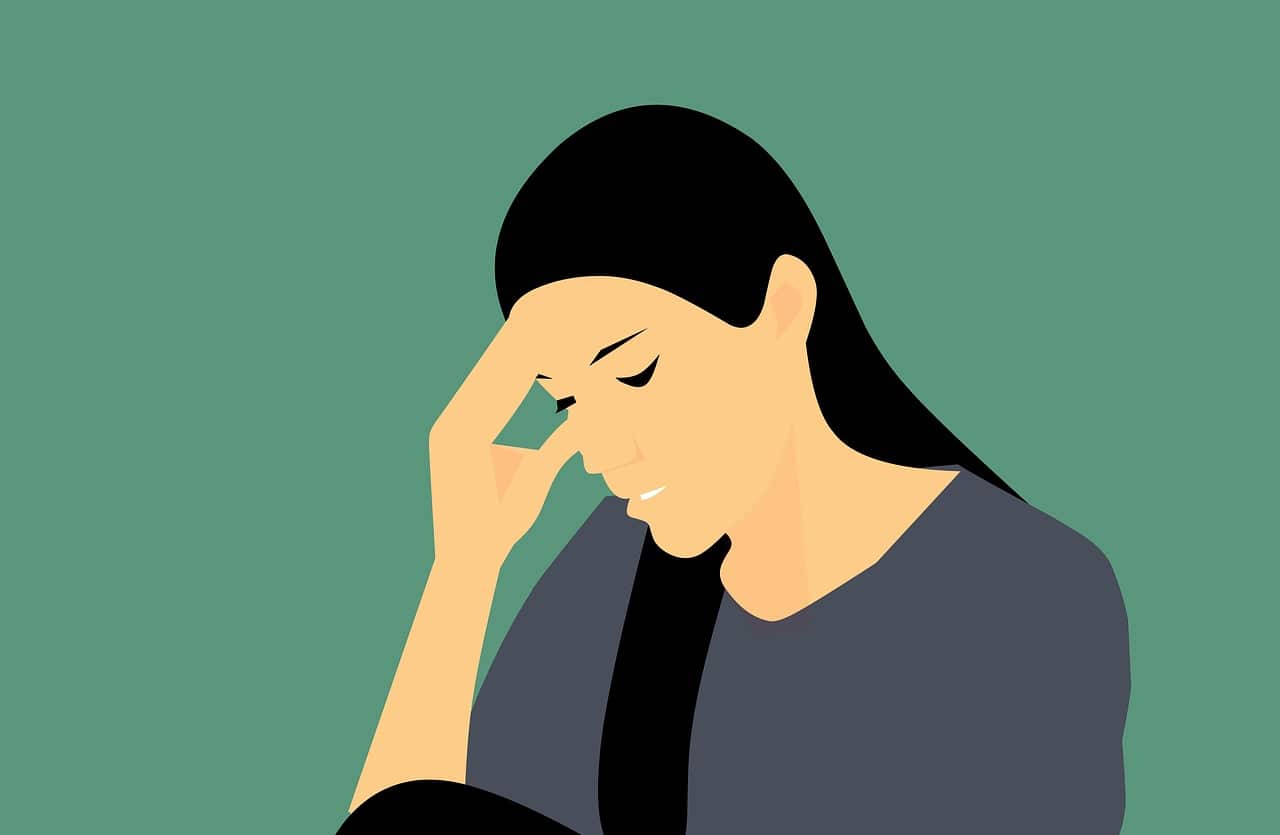By addressing inflammation and anxiety through holistic living, we can alleviate anxiety and enhance overall well-being. Enjoy today’s in depth podcast episode my friends and if you’d like to learn more about the health anxiety university, click here.
The Connection Between Inflammation and Anxiety Disorders (Show Notes)
Anxiety disorders are among the most common mental health issues worldwide, affecting millions of people. Recent research highlights a fascinating link between inflammation and anxiety, suggesting that inflammation might play a significant role in the onset and progression of anxiety disorders. In this episode of the Anxiety Guy Podcast, we delve into the intricate relationship between inflammation and anxiety, exploring how this connection could pave the way for new treatments and management strategies.
Understanding Inflammation and Its Role in the Body
Inflammation is the body’s natural response to injury or infection, designed to protect and heal. Acute inflammation is a short-term process, typically marked by redness, heat, swelling, and pain, that helps the body heal and defend itself against harmful stimuli. However, when inflammation becomes chronic, it can contribute to a host of health issues, including cardiovascular diseases, diabetes, and even mental health disorders.
The Inflammatory Response and Mental Health
Emerging research suggests that chronic inflammation might be a key player in the development of anxiety disorders. this is all connected through the complex interplay of the immune system and the brain. Pro-inflammatory cytokines, which are signaling molecules that mediate and regulate immunity and inflammation, can influence brain function. These cytokines can cross the blood-brain barrier and affect brain areas involved in mood regulation, such as the hypothalamus and hippocampus.
How Inflammation Contributes to Anxiety
- Neuroinflammation: Chronic inflammation can lead to neuroinflammation, where the brain’s immune response becomes dysregulated. This can affect neurotransmitter systems, including serotonin and dopamine, which are crucial for mood regulation and can lead to symptoms of anxiety.
- HPA Axis Dysregulation: The hypothalamic-pituitary-adrenal (HPA) axis controls the body’s stress response. Chronic inflammation can lead to HPA axis dysregulation, resulting in an overactive stress response, which is often observed in individuals with anxiety disorders.
- Gut-Brain Axis: The gut microbiome, which plays a critical role in maintaining immune and metabolic homeostasis, is also implicated in mental health. Dysbiosis, or microbial imbalance, can lead to increased intestinal permeability and systemic inflammation, which in turn can affect brain function and contribute to anxiety.
Evidence Supporting the Inflammation-Anxiety Link
Several studies have demonstrated a correlation between inflammation and anxiety. For example:
- Biomarker Studies: Elevated levels of inflammatory markers, such as C-reactive protein (CRP) and interleukin-6 (IL-6), have been found in individuals with anxiety disorders.
- Anti-inflammatory Treatments: Some research indicates that anti-inflammatory treatments, such as non-steroidal anti-inflammatory drugs (NSAIDs) and certain dietary interventions, can alleviate symptoms of anxiety, supporting the idea that reducing inflammation might improve mental health outcomes.
Implications for Healing
Understanding the link between inflammation and anxiety opens up new avenues for treatment. Integrative approaches that target both inflammation and anxiety might be particularly effective. Here are some strategies that show promise:
- Anti-inflammatory Diets: Diets rich in anti-inflammatory foods, such as omega-3 fatty acids, antioxidants, and fiber, can help reduce systemic inflammation and may alleviate anxiety symptoms.
- Exercise: Regular physical activity has anti-inflammatory effects and can improve mood and reduce anxiety.
- Mind-Body Practices: Techniques such as yoga, meditation, and deep-breathing exercises can lower stress and inflammation, contributing to better mental health.
- Medications and Supplements: Certain medications and supplements with anti-inflammatory properties, like aspirin, curcumin, and omega-3 supplements, might be beneficial in managing anxiety symptoms.
Conclusion on the connection between inflammation and anxiety
The connection between inflammation and anxiety is a constant area of research that holds significant promise for improving the understanding and treatment of anxiety disorders. By addressing inflammation, whether through diet, lifestyle changes, or medication, we may find more effective ways to alleviate anxiety and enhance overall well-being. Stay tuned to future Anxiety Guy Podcast episodes as we continue to explore these exciting developments and bring you actionable insights to help heal anxiety for good.
The Anxiety Guy Resources:
The Anxiety Guy Podcast is one of the most popular mental health podcasts in the world with more than 6 million downloads alongside the Health Anxiety Podcast Show.
It has been selected as the top mental health and anxiety podcast on Apple 6 times, and has been listen as a top podcast for anxiety today on Psychology Today, Choosing Therapy, Better Help, Women’s Health, Marissa Peer and many more. To listen to any of the past episodes for free, check out this page.
Listen to all future anxiety guy podcast episodes on Spotify, Tune-in, Podbean, Podbay, Podcast Addict, Scribd, Luminary, Google Podcasts, Amazon Music, or on your favorite podcast platform. You can watch all previous anxiety guy episodes through video on YouTube here.
Related



